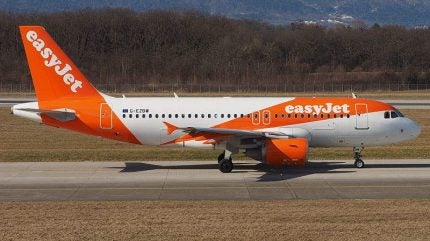
UK-based low-cost carrier EasyJet is set to develop and roll out electric aircraft for the first time by 2030, the airline officials said in a statement.
Developed for use on flights shorter than two hours, the flights will run with the help of batteries instead of jet fuel, reported express.co.uk.
Though the expected launch of the battery-powered jets has been delayed, the company intends to introduce an upgraded technology to reduce carbon emissions and reduce costs.
EasyJet CEO Johan Lundgren was quoted by qz.com as saying: “Electric flying is becoming a reality and we can now foresee a future that is not exclusively dependent on jet fuel.”
The British carrier is working with US-based start-up Wright Electric, which is currently building an electric engine for nine-seat aircraft that could be used for short-haul flights by 2027.
It intends to develop an aircraft range of 335 miles, which would cover a fifth of the number of passengers flown by EasyJet and could be used for routes such as London to Paris and Amsterdam, and Edinburgh to Bristol.

US Tariffs are shifting - will you react or anticipate?
Don’t let policy changes catch you off guard. Stay proactive with real-time data and expert analysis.
By GlobalDataWright Electric claims that the electric jets are expected to be 50% quieter and 10% cheaper for airlines to purchase and operate.
Between 2000 and 2016, EasyJet is said to have reduced carbon emissions per passenger kilometre by 31%.


